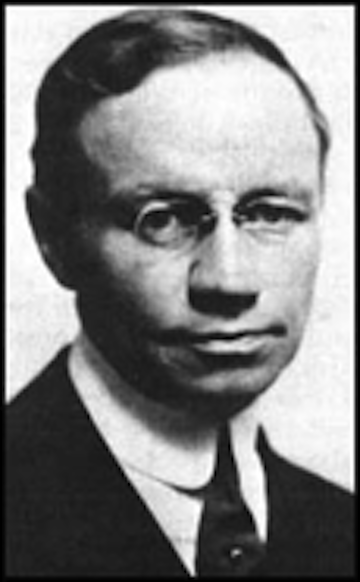APUSH Ch 28 - Progressivism and the Republican Roosevelt 1901–1912 Key Terms and People
1/30
There's no tags or description
Looks like no tags are added yet.
Name | Mastery | Learn | Test | Matching | Spaced |
|---|
No study sessions yet.
31 Terms
social gospel
A reform movement led by Protestant ministers who used religious doctrine to demand better housing and living conditions for the urban poor. Popular at the turn of the twentieth century, it was closely linked to the settlement-house movement, which brought middle-class, Anglo-American service volunteers into contact with immigrants and working people.

muckrakers
Bright young reporters at the turn of the twentieth century who won this unfavorable moniker from Theodore Roosevelt but boosted the circulations of their magazines by writing exposés of widespread corruption in American society. Their subjects included business manipulation of government, white slavers, child labor, and the illegal deeds of the trusts and helped spur the passage of reform legislation.
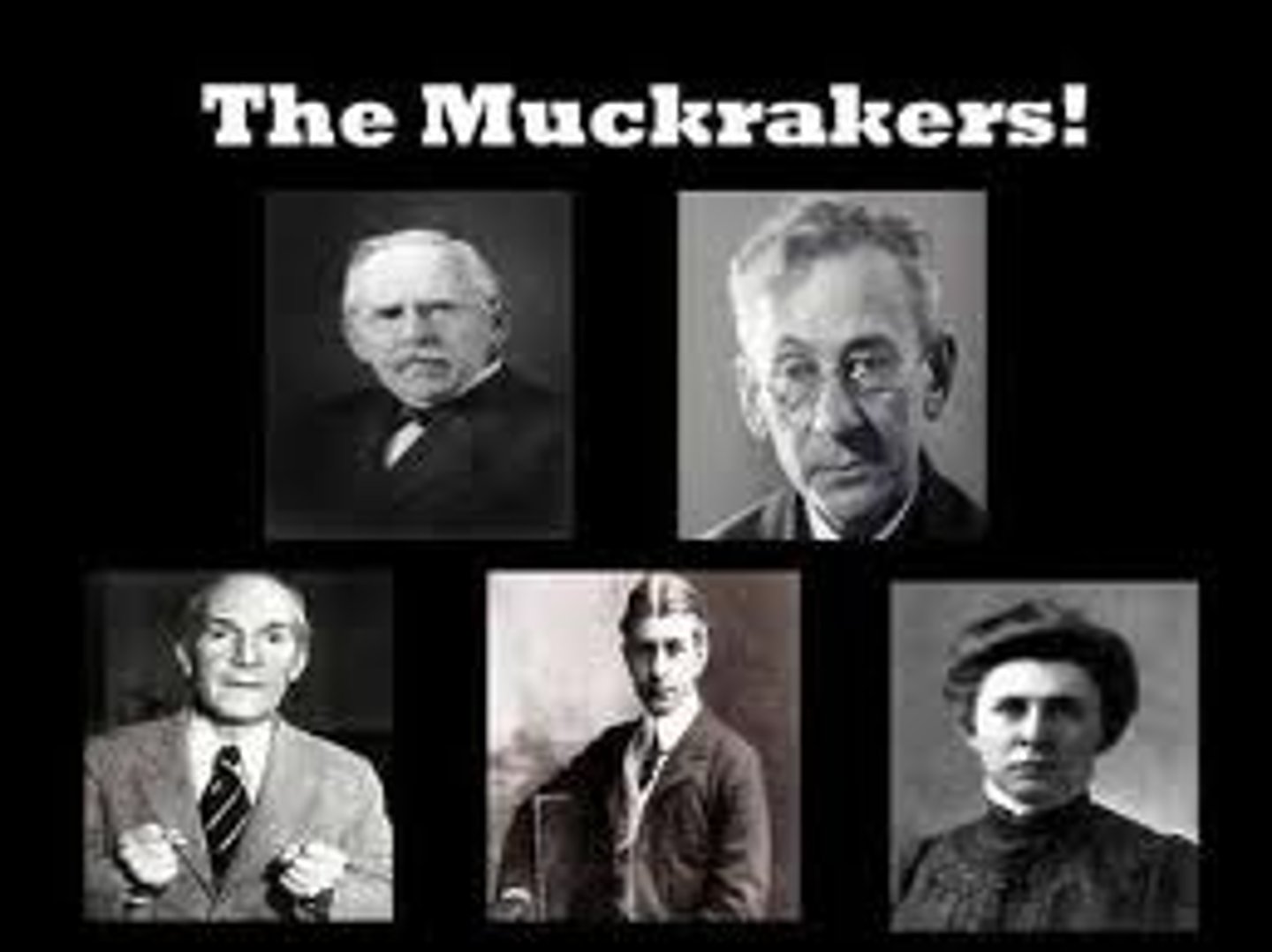
initiative
A progressive reform measure allowing voters to petition to have a law placed on the general ballot. Like the referendum and recall, it brought democracy directly "to the people" and helped foster a shift toward interest group politics and away from old political "machines."
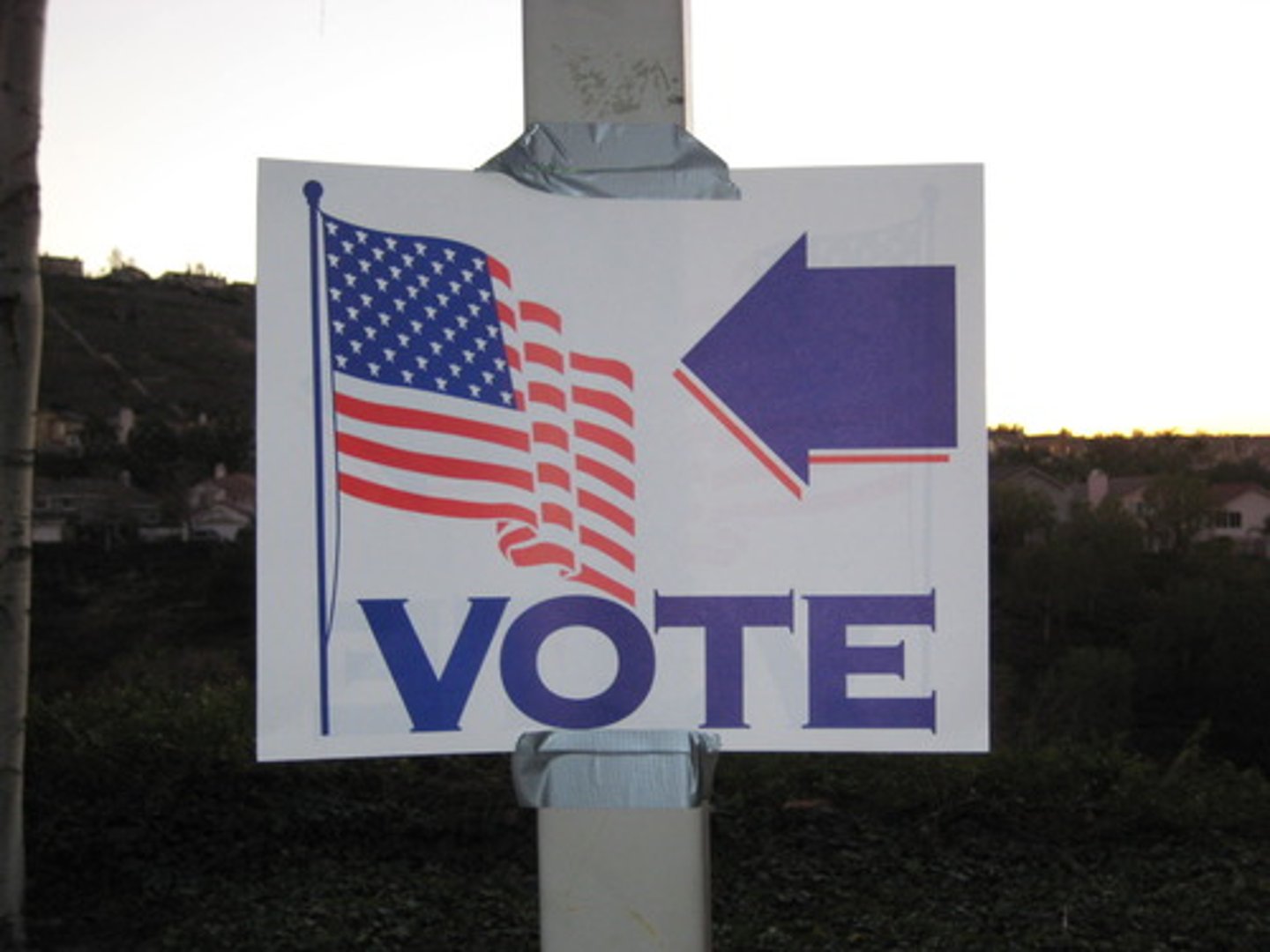
referendum
A progressive reform procedure allowing voters to place a bill on the ballot for final approval, even after being passed by the legislature.
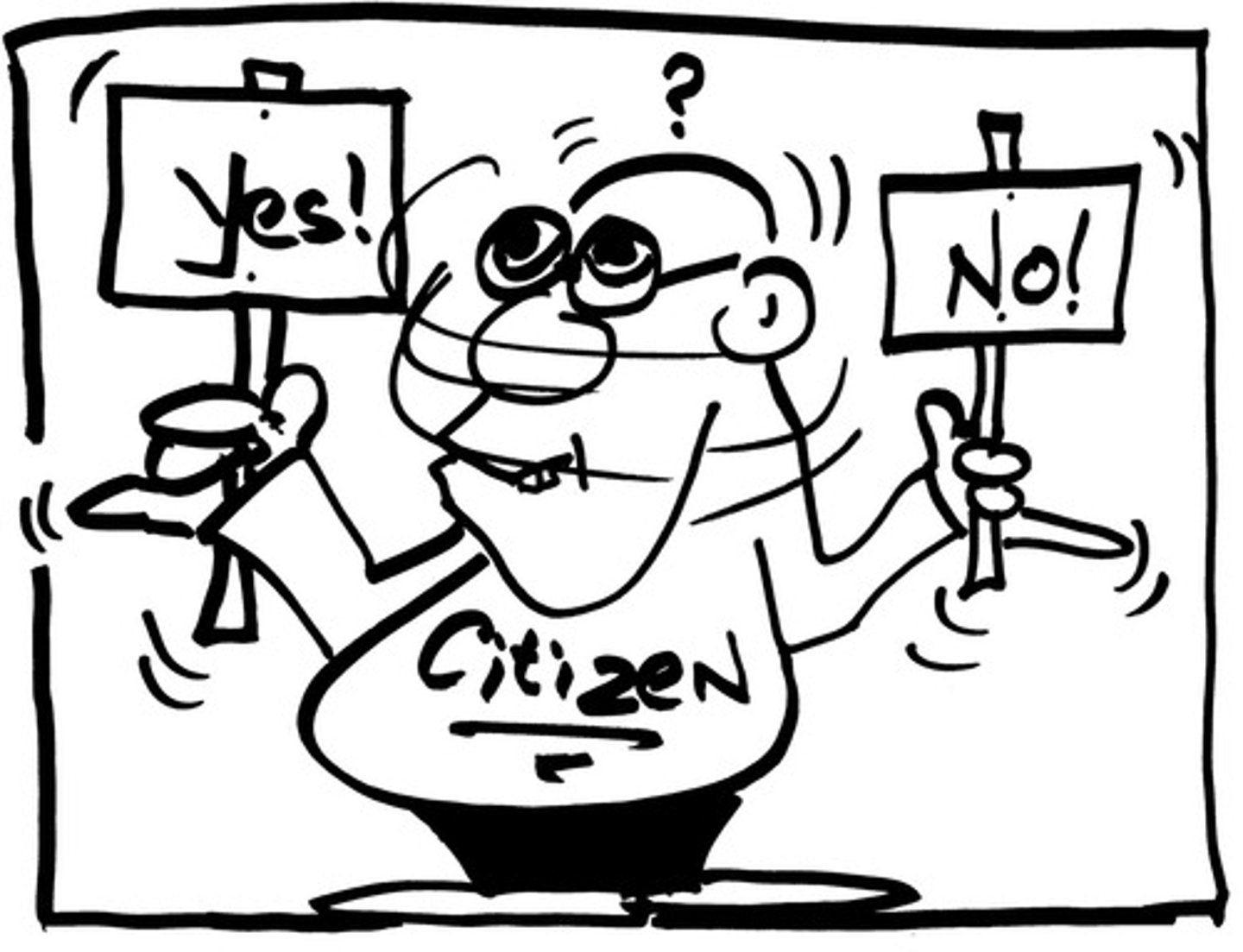
recall
A progressive ballot procedure allowing voters to remove elected officials from office.
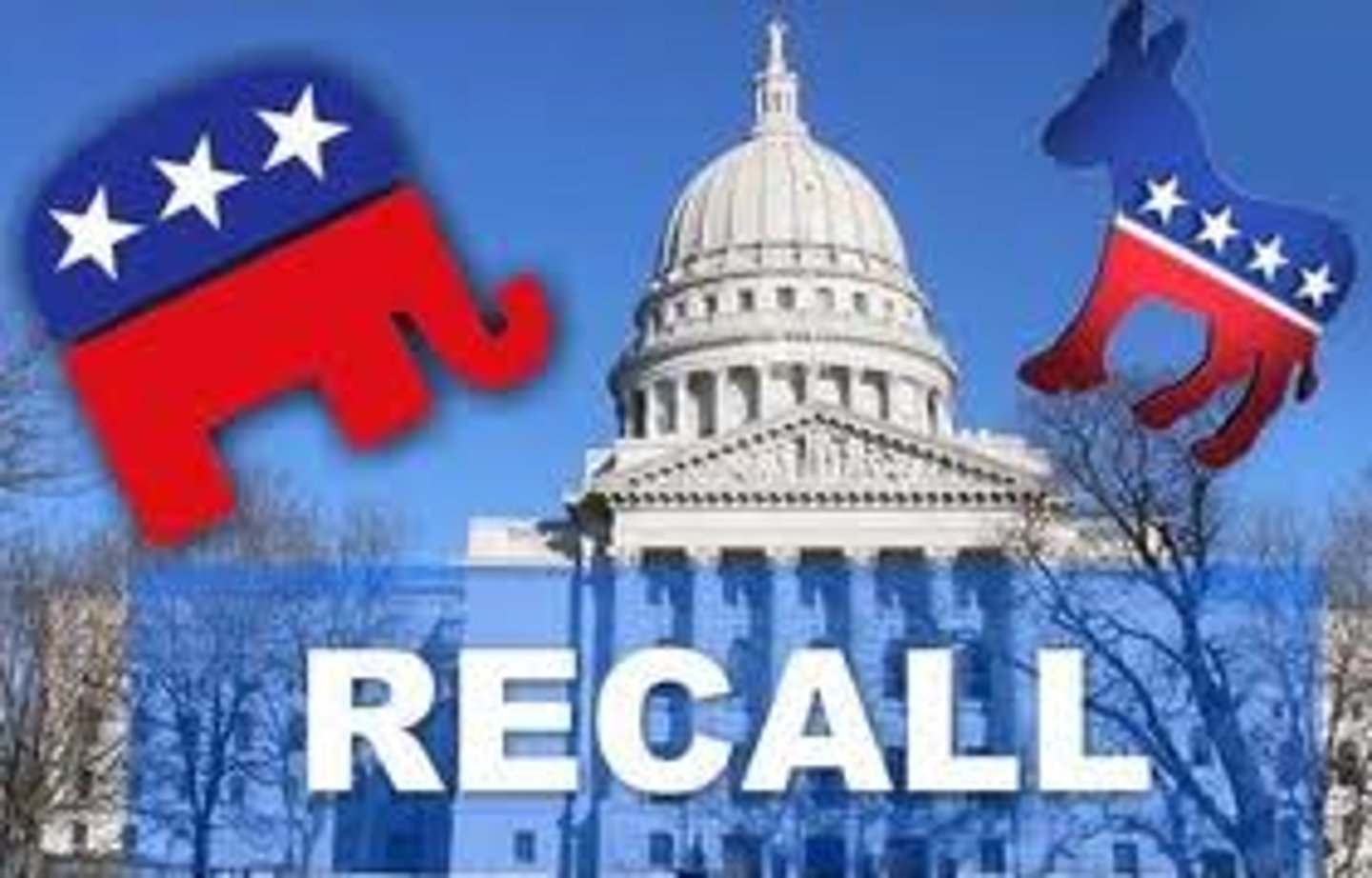
Australian ballot
A system that allows voters privacy in marking their ballot choices. Developed in Australia in the 1850s, it was introduced to the United States during the progressive era to help counteract boss rule.
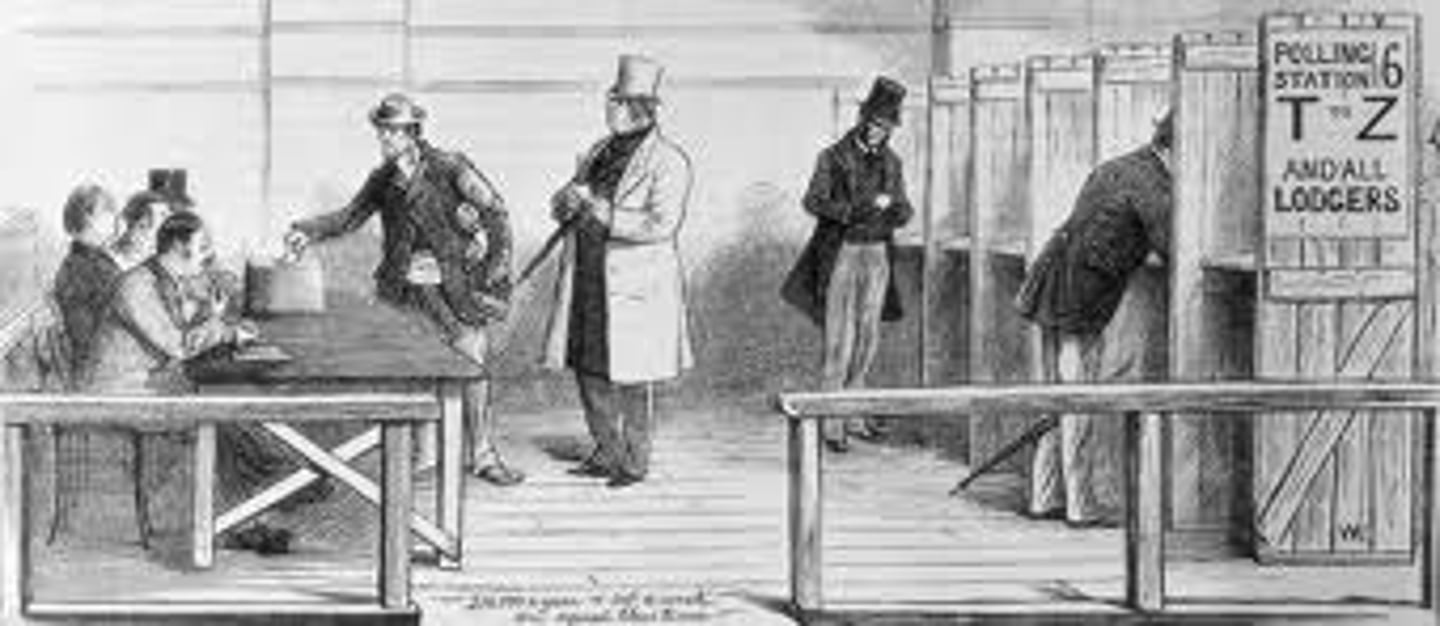
Muller v. Oregon
A landmark Supreme Court case in which crusading attorney (and future Supreme Court justice) Louis D. Brandeis persuaded the Supreme Court to accept the constitutionality of limiting the hours of women workers. Coming on the heels of Lochner v. New York, it established a different standard for male and female workers.
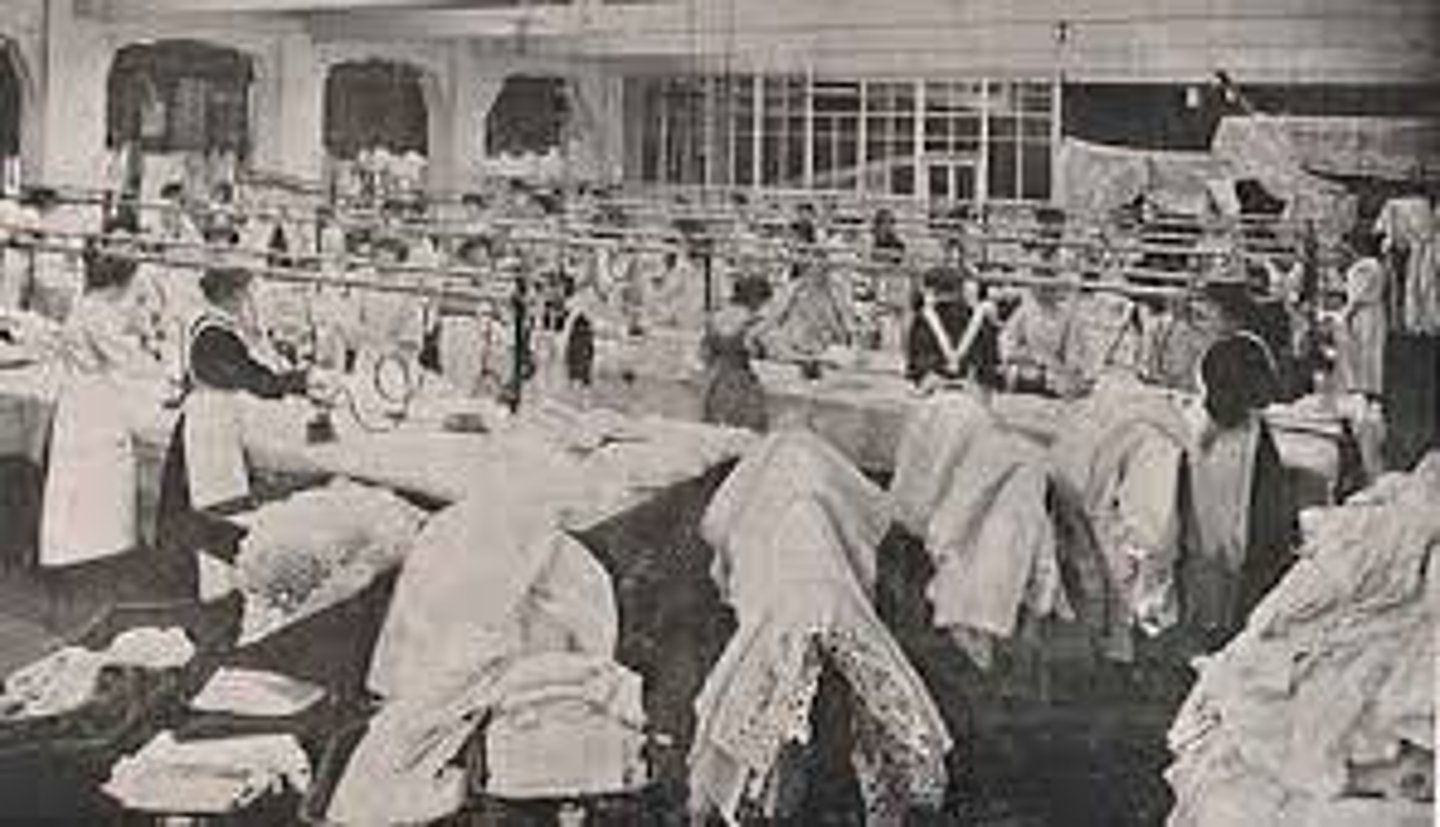
Lochner v. New York
A setback for labor reformers, this Supreme Court decision invalidated a state law establishing a ten-hour day for bakers. It held that the "right to free contract" was implicit in the due process clause of the Fourteenth Amendment.
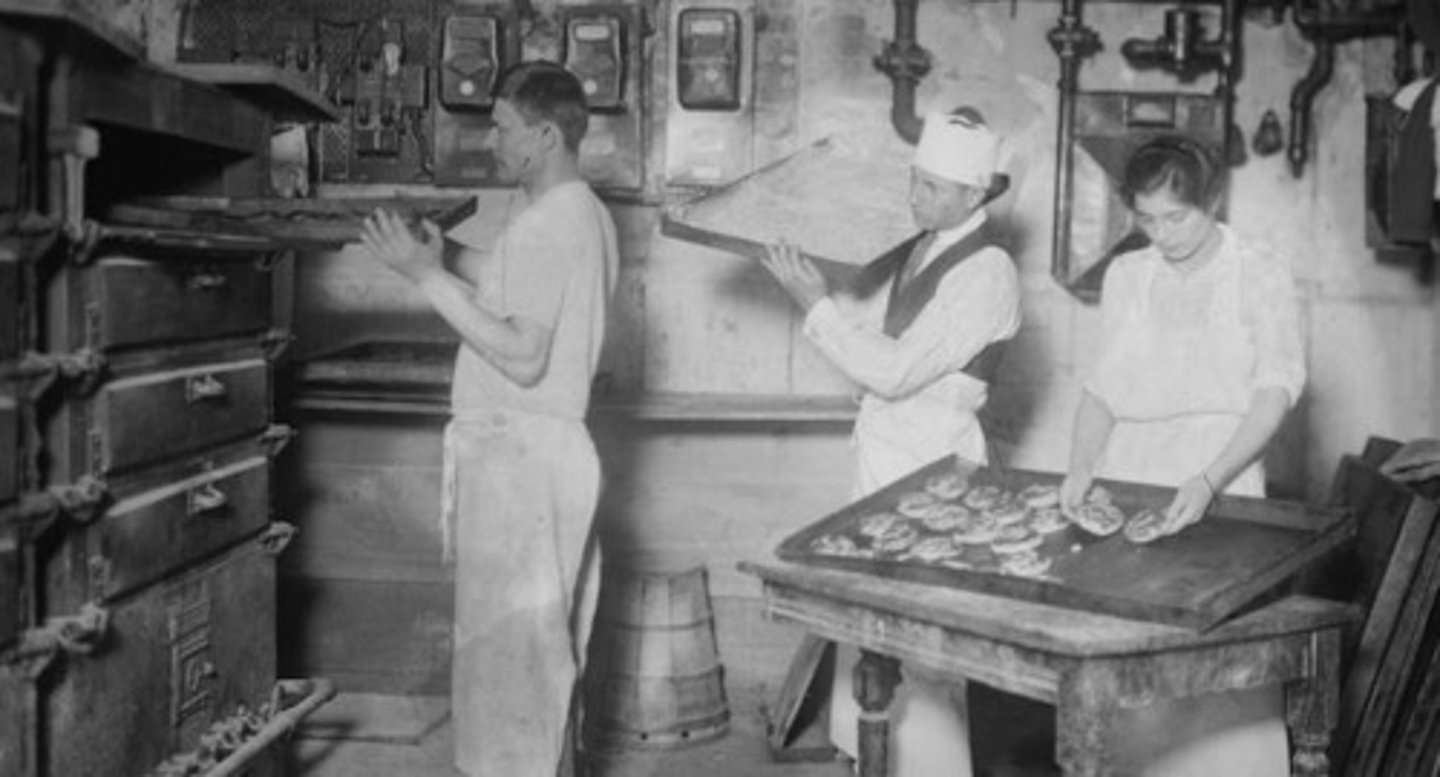
Triangle Shirtwaist Company fire
On March 25, 1911, a ferocious blaze broke out in the Triangle Shirtwaist Company factory in New York City, resulting in 146 worker deaths. When it was later determined that the fatalities could have been avoided by adhering to proper fire codes—such as leaving the stairwell and exit doors unlocked—the incident sparked widespread outrage and inspired legislation to improve workplace safety.
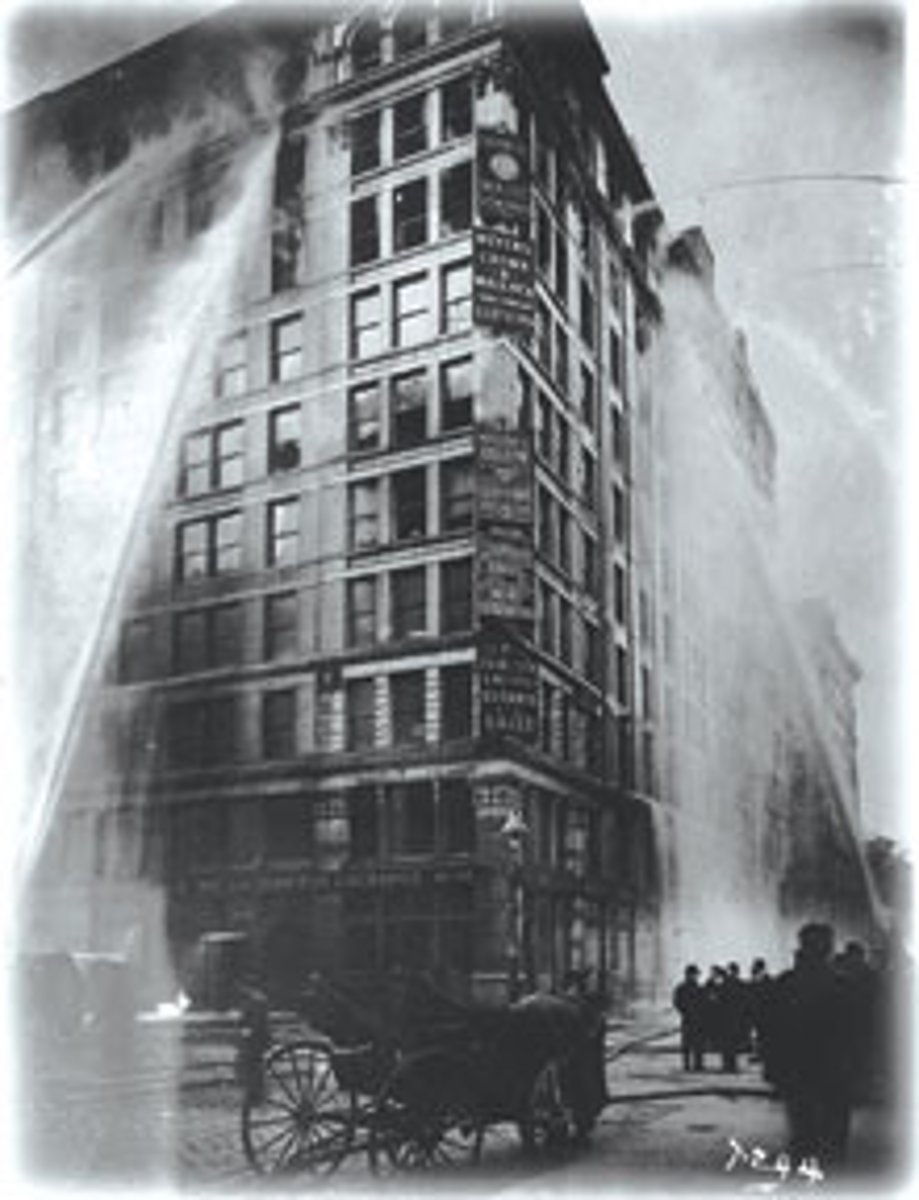
Elkins Act
Law passed by Congress to impose penalties on railroads that offered rebates and customers who accepted them. The law strengthened the Interstate Commerce Act of 1887. The Hepburn Act of 1906 added free passes to the list of railroad no-no's.
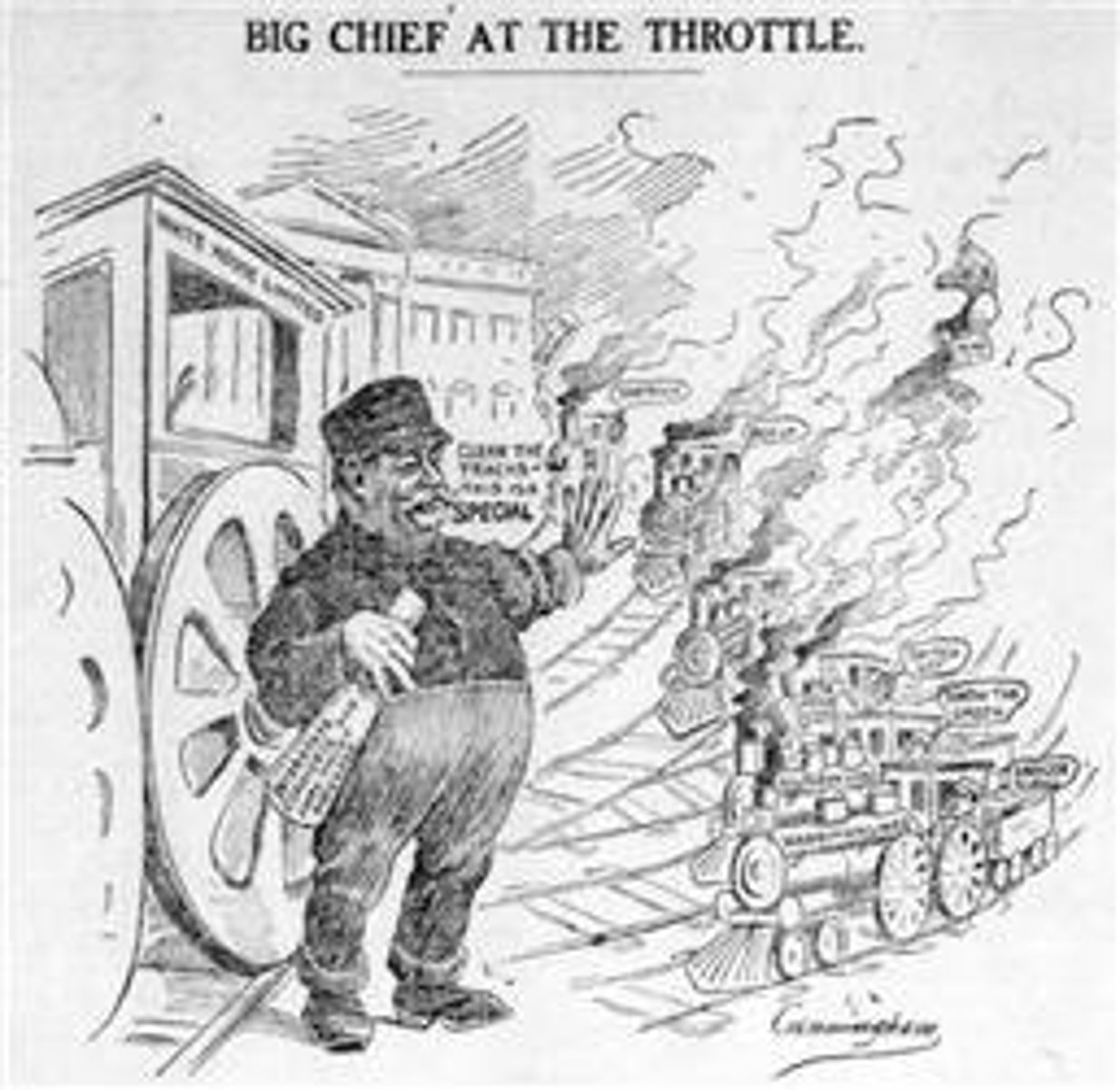
Meat Inspection Act
A law passed by Congress to subject meat shipped over state lines to federal inspection. The publication of Upton Sinclair's novel The Jungle earlier that year so disgusted American consumers with its description of conditions in slaughterhouses and meatpacking plants that it mobilized public support for government action.
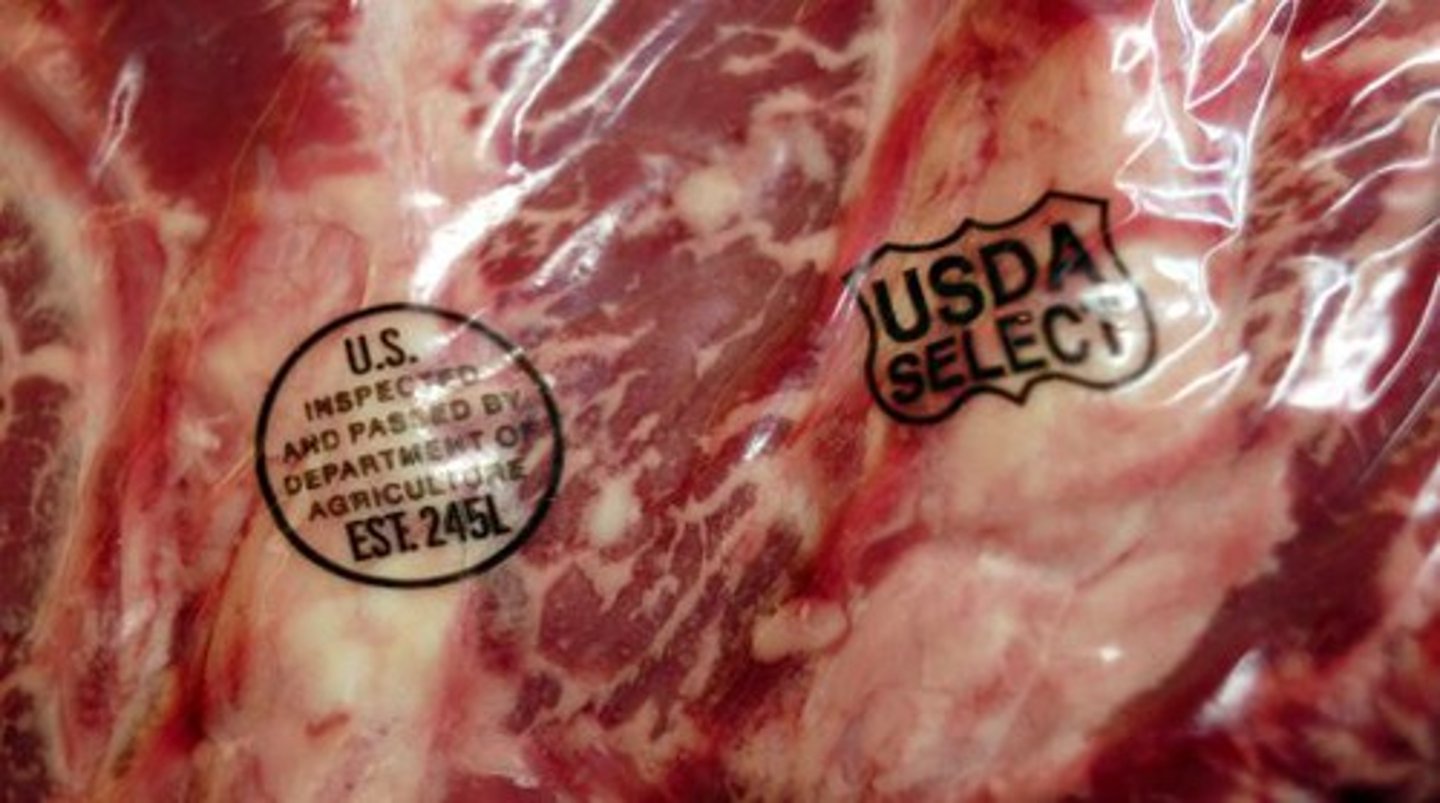
Pure Food and Drug Act
A law passed by Congress to inspect and regulate the labeling of all foods and pharmaceuticals intended for human consumption. This legislation, and additional provisions passed in 1911 to strengthen it, aimed particularly at the patent medicine industry. The more comprehensive Food, Drug, and Cosmetic Act of 1938 largely replaced this legislation.
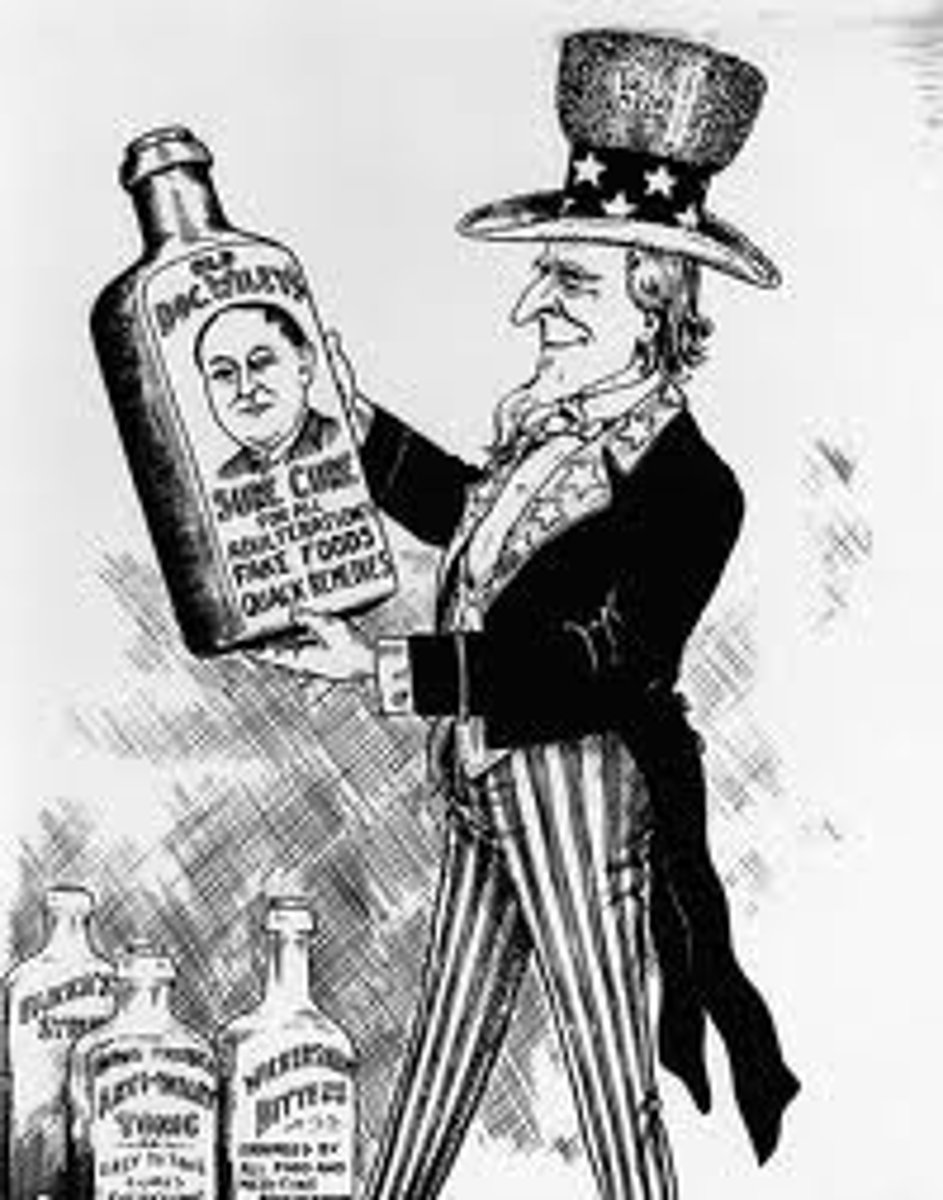
Hetch Hetchy Valley
The federal government allowed the city of San Francisco to build a dam here in 1913. This was a blow to preservationists, who wished to protect the Yosemite National Park, where the dam was located.
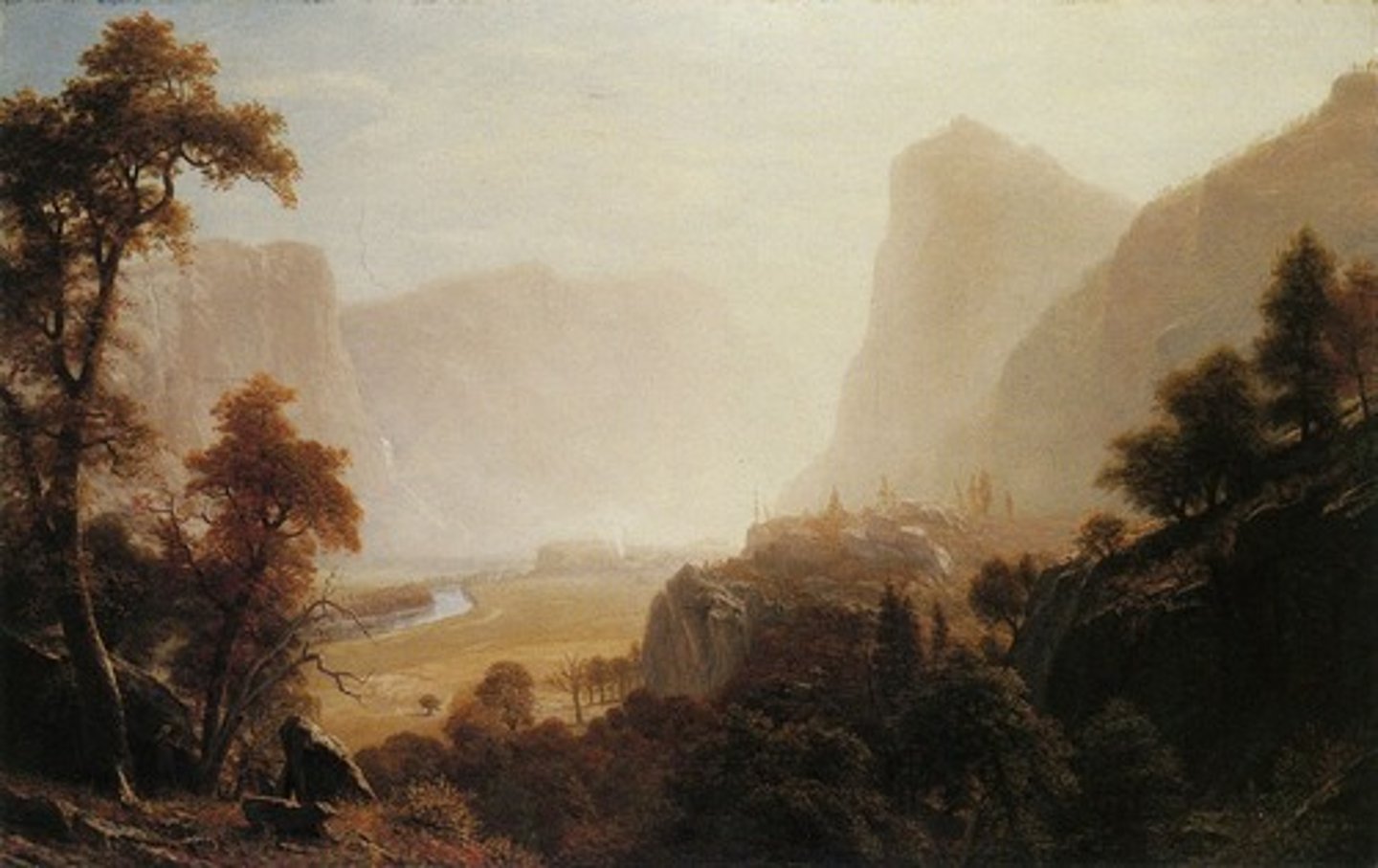
panic of 1907
A financial panic that gripped the United States in October 1907, triggering widespread bankruptcies and causing the stock market to lose half its value from the previous year. Staunched only by J. P. Morgan's timely intervention, the panic eventually led to the creation of the Federal Reserve in 1913, marking the panic as the last time that a major financial crisis was resolved by private means.
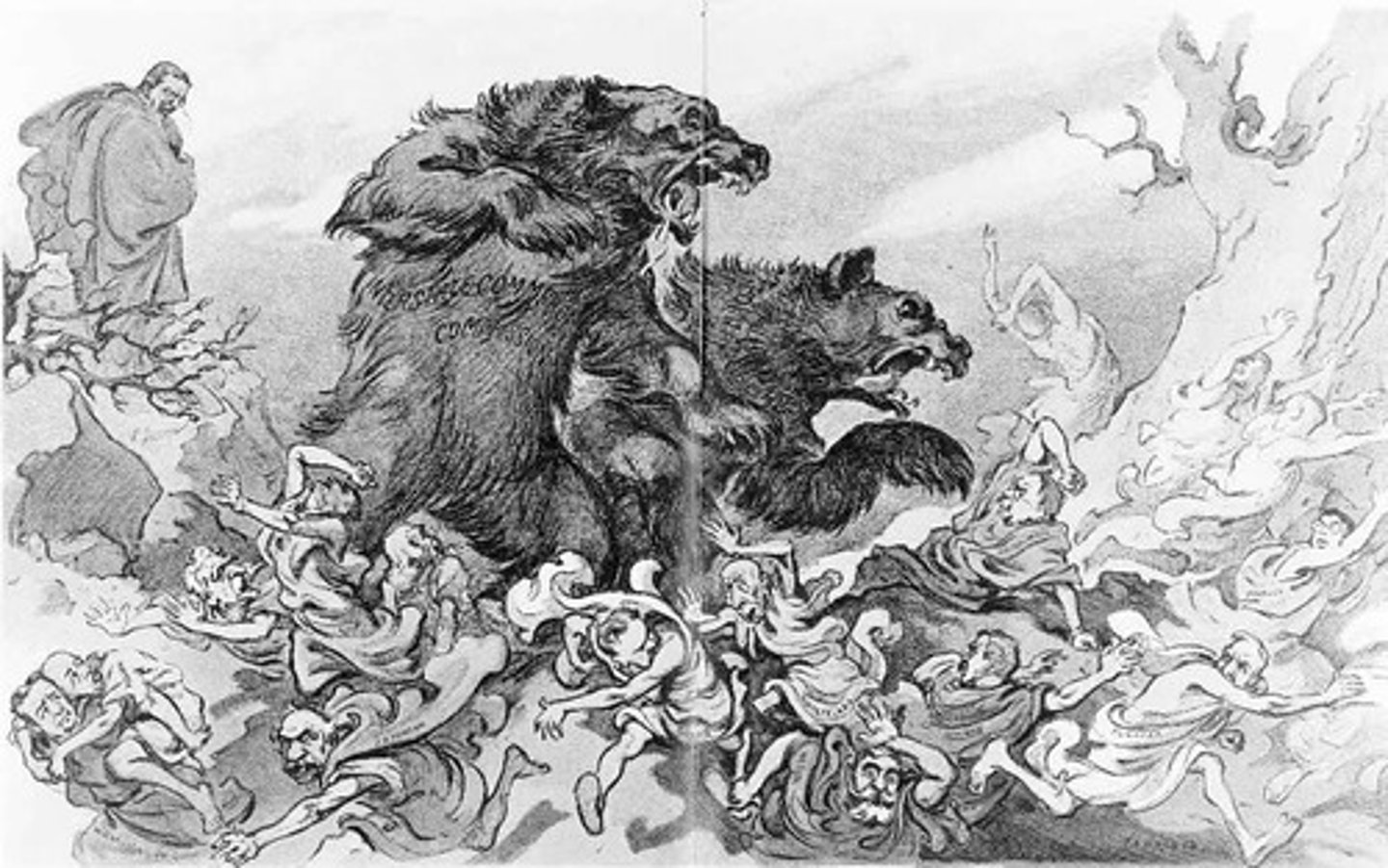
Brownsville Affair
Following the shooting of two white men on August 13, 1906, residents of Brownsville, Texas, blamed the African-American soldiers from the segregated 25th Infantry Regiment stationed at nearby Fort Brown. Despite only tenuous evidence linking them to the crime, President Theodore Roosevelt ordered the dishonorable discharge of more than 150 of the "buffalo soldiers," stripping them of their pensions and barring them from employment in federal civil service jobs. Roosevelt's actions disillusioned many African-Americans, who began to wonder if his progressivism stopped at the color line. In 1972 Congress belatedly exonerated the men, all but one of whom were deceased.
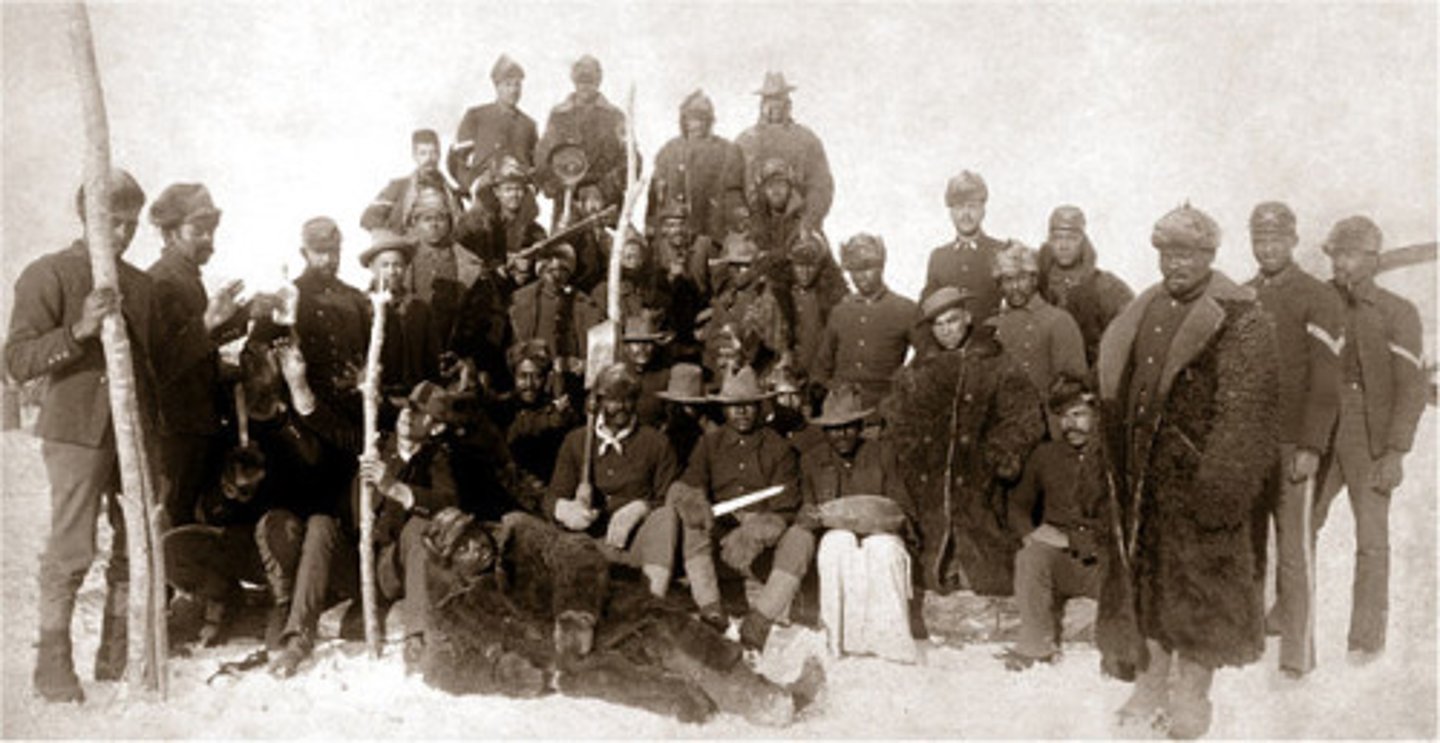
dollar diplomacy
Name applied by President Taft's critics to the policy of supporting U.S. investments and political interests abroad. First applied to the financing of railways in China after 1909, the policy then spread to Haiti, Honduras, and Nicaragua. President Woodrow Wilson disavowed the practice, but his administration undertook comparable acts of intervention in support of U.S. business interests, especially in Latin America.

Payne-Aldrich Bill
While intended to lower tariff rates, this bill was eventually revised beyond all recognition, retaining high rates on most imports. President Taft angered the progressive wing of his party when he declared it "the best bill that the Republican party ever passed."
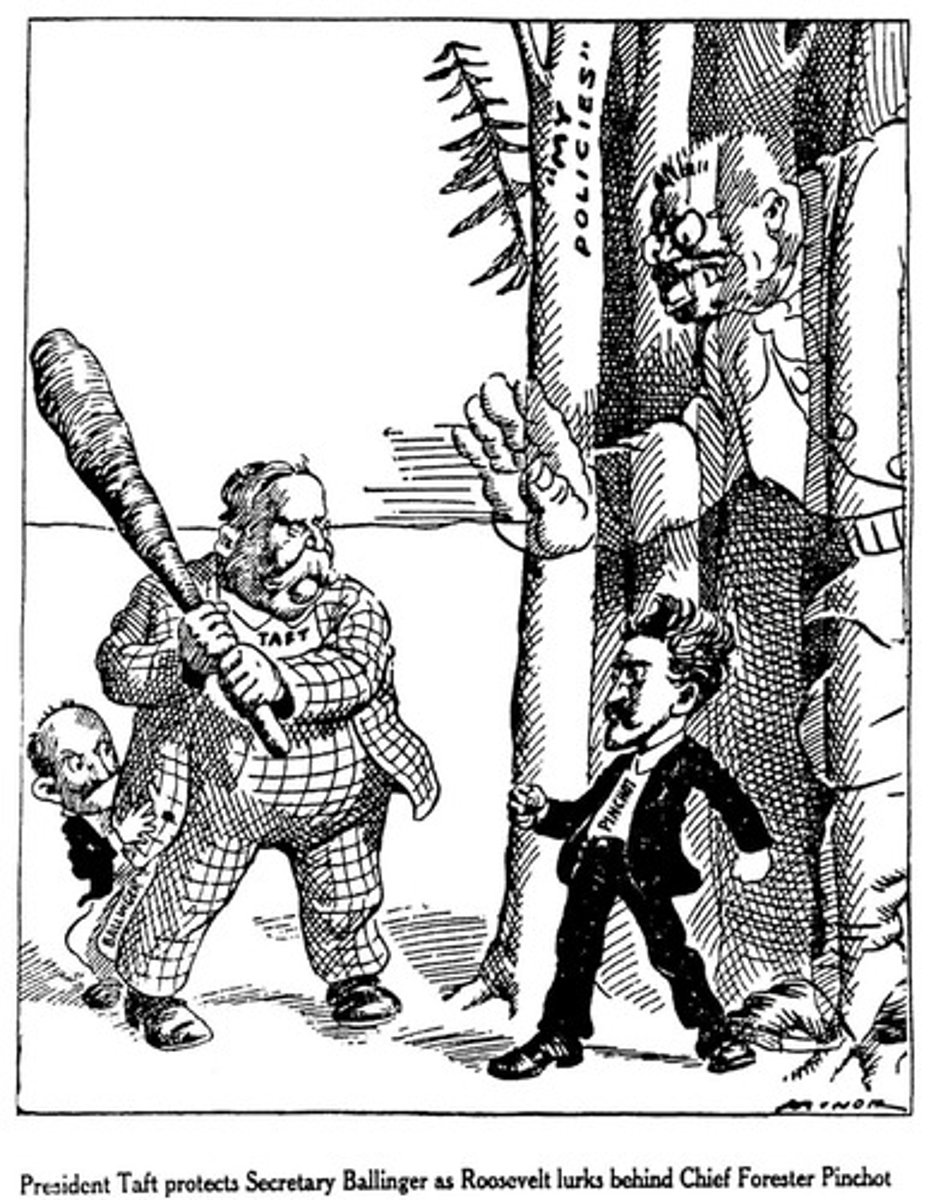
New Nationalism
State-interventionist reform program devised by journalist Herbert Croly and advocated by Theodore Roosevelt during his Bull Moose presidential campaign. Roosevelt did not object to continued consolidation of trusts and labor unions. Rather, he sought to create stronger regulatory agencies to ensure that they operated to serve the public interest, not just private gain.
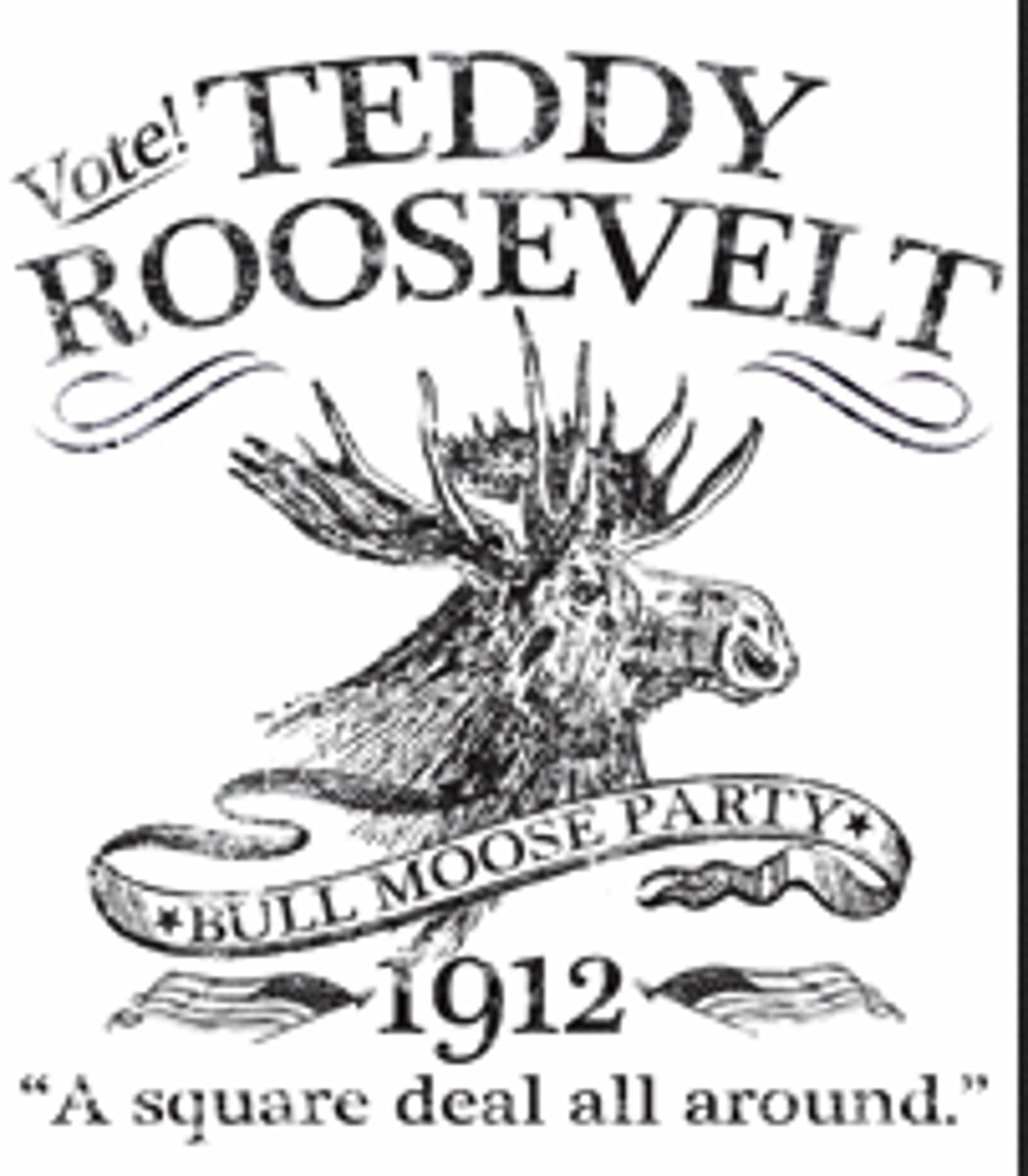
New Freedom
Platform of reforms advocated by Woodrow Wilson in his first presidential campaign, including stronger antitrust legislation to protect small business enterprises from monopolies, banking reform, and tariff reductions. Wilson's strategy involved taking action to increase opportunities for capitalist competition rather than increasing government regulation of large trusts.
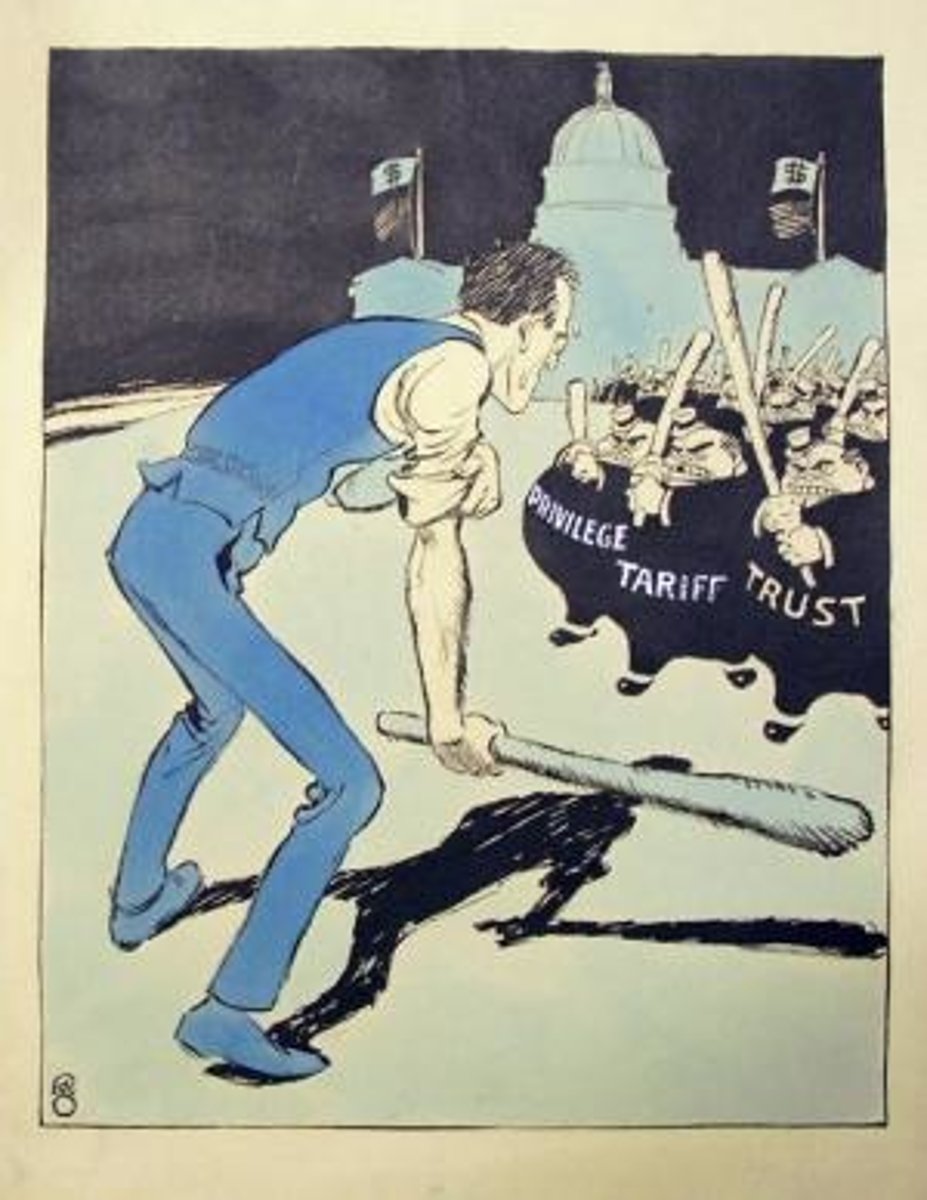
Ida Tarbell (1857-1944)
The most eminent woman in the muckraking movement and one of the most respected business historians of her generation. In 1904 she earned a national reputation for publishing a scathing history of the Standard Oil Company, the "Mother of Trusts." Two years later she joined Ray Stannard Baker, William Allen White, and other muckrakers in purchasing The American Magazine, which became a journalistic podium in their campaign for honest government and an end to business abuses.
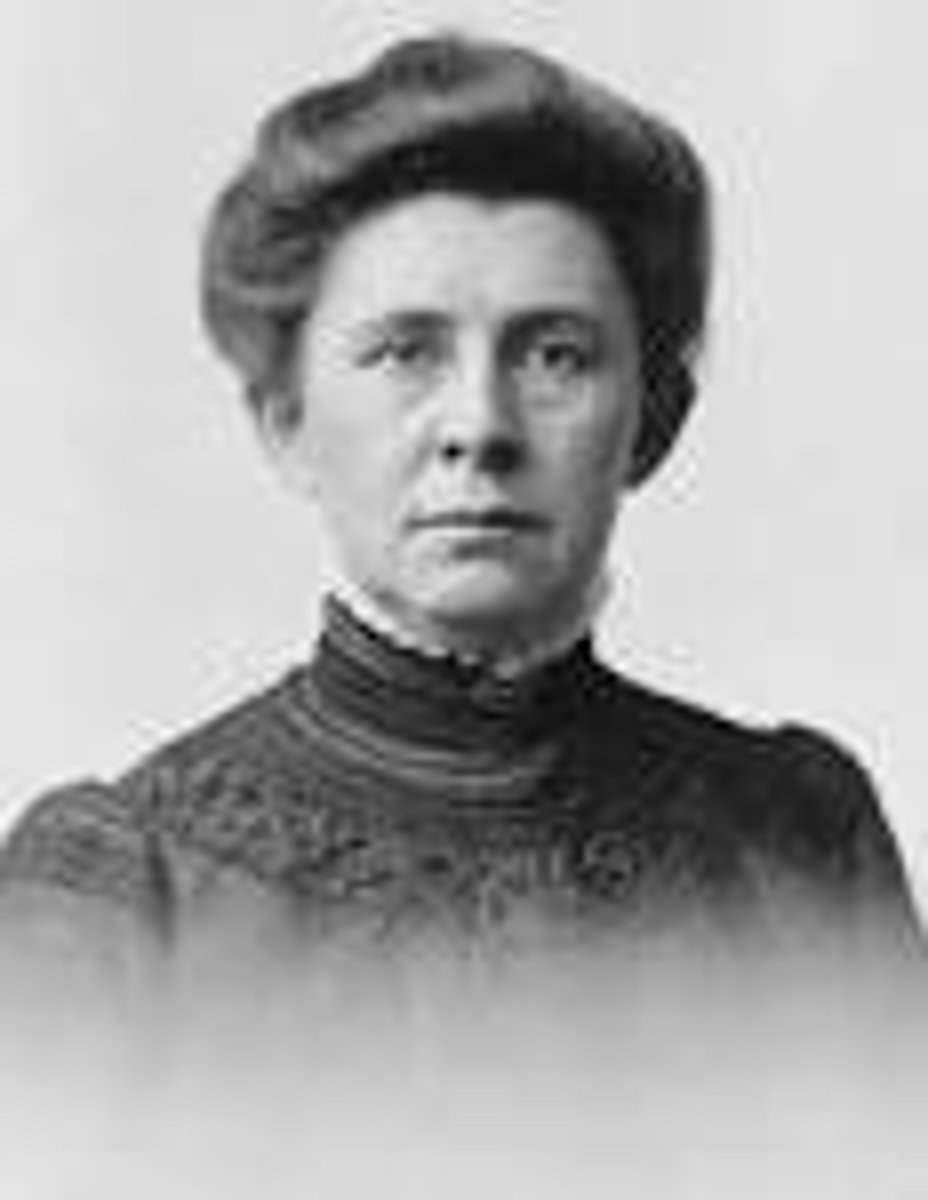
Henry Demarest Lloyd (1847-1903)
A muckraking journalist and reform leader whose book Wealth Against Commonweath (1894) excoriated the sins of the Standard Oil Company. Lloyd became one of the leading intellectuals behind the progressive movement, influencing such figures as Clarence Darrow, Florence Kelley, and John Dewey.
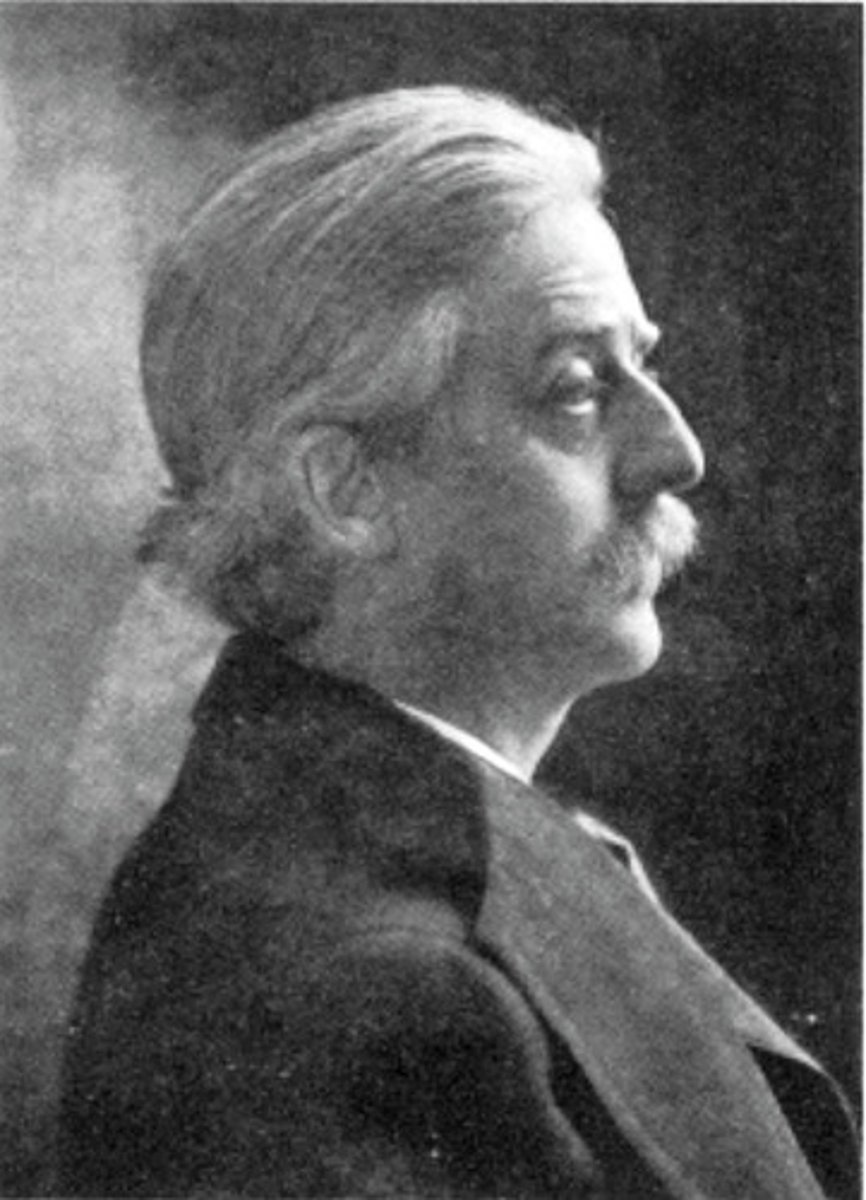
Thorstein Veblen (1857-1929)
An eccentric Norwegian American economist who savagely attacked "predatory wealth" and "conspicuous consumption" in his most important book, The Theory of the Leisure Class (1899).
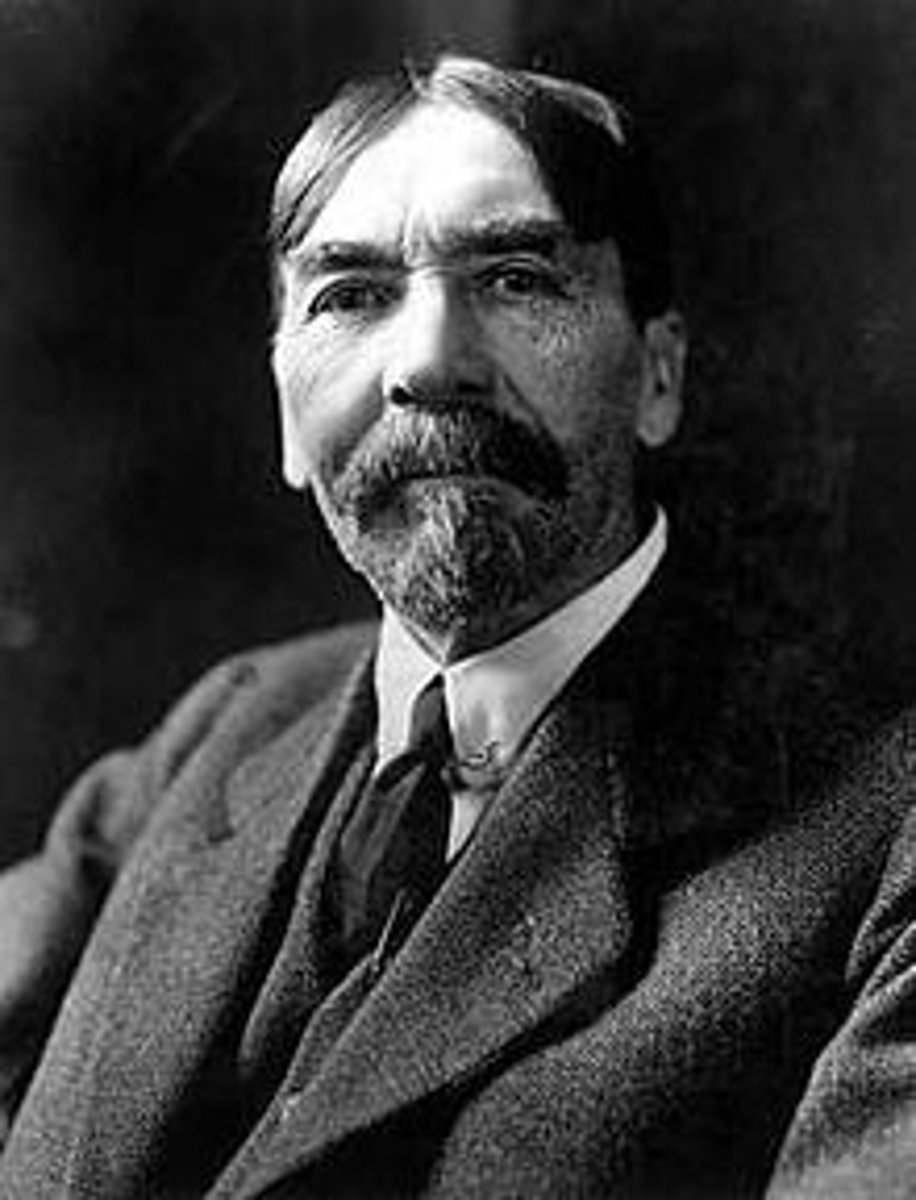
Eugene Debs (1855-1926)
Hailing from Terre Haute, Indiana, Debs was one of the most influential American socialists and labor leaders. He served as the president of the American Railway Union and was a founding member of the Industrial Workers of the World (IWW). Debs ran for President of the United States five times as the candidate of the Socialist Party of America between 1900 and 1920. His advocacy for workers' rights and his passionate speeches made him a prominent figure in the labor movement and American politics.
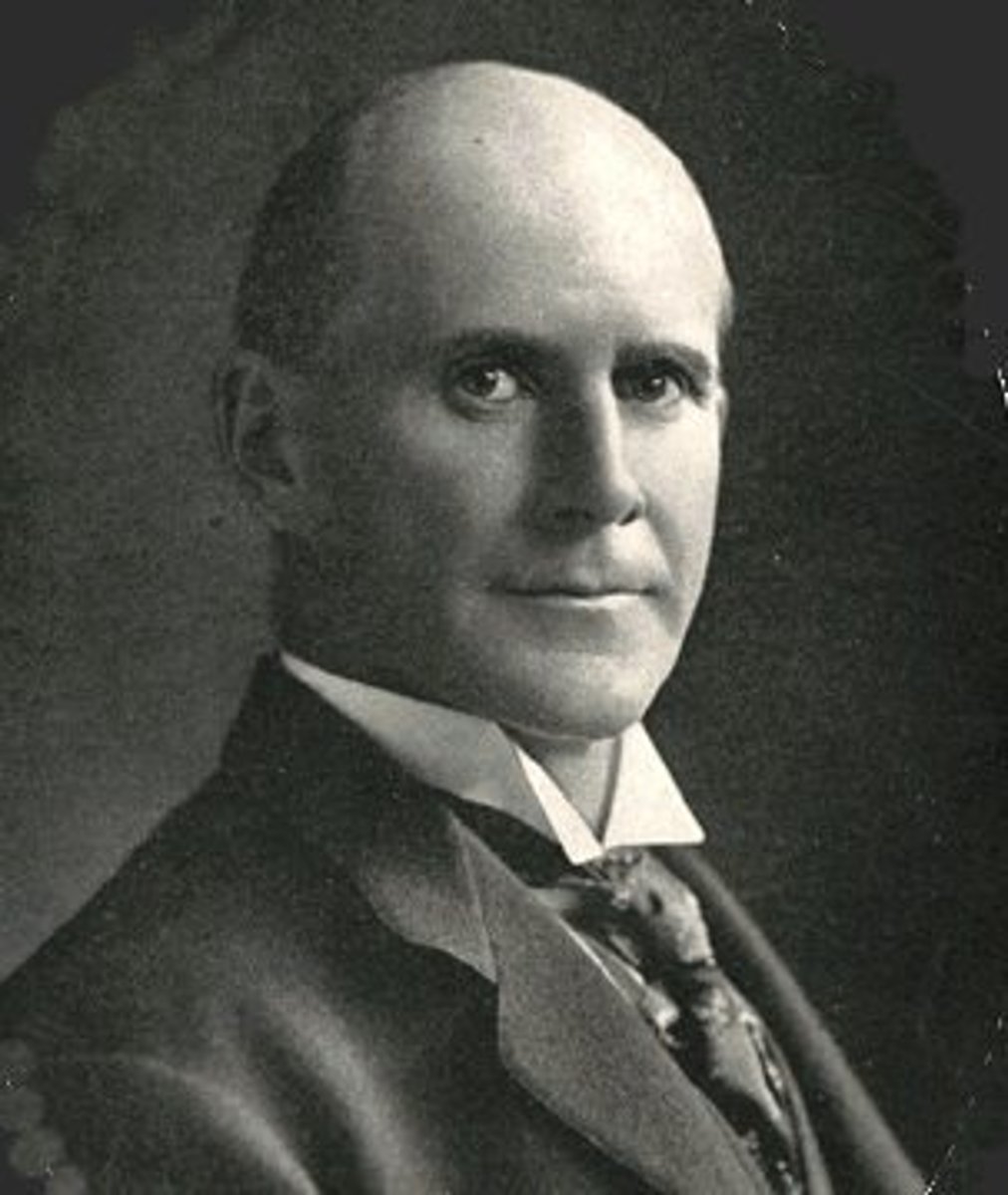
Jacob A. Riis (1849-1914)
Danish-born police reporter and pioneering photographer who exposed the ills of tenement living in his 1890 book illustrated with powerful photographs, How the Other Half Lives. His work led to the establishment of "model tenements" in New York City.
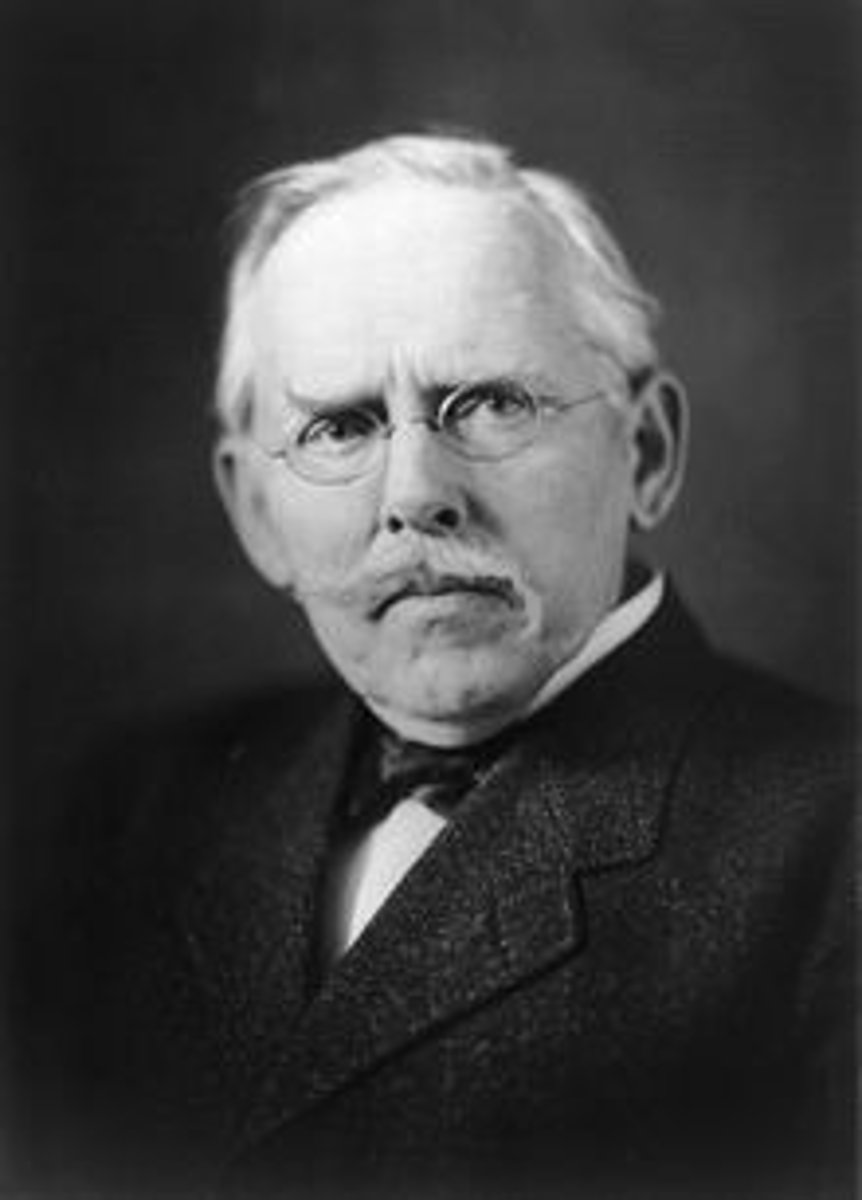
Robert M. ("Fighting Bob") La Follette (1855-1925)
Hailing from Wisconsin, La Follette was one of the most militant of the progressive Republican leaders. He served in the Senate and in the Wisconsin governor's seat and was a perennial contender for the presidency, keeping the spirit of progressivism alive into the 1920s.
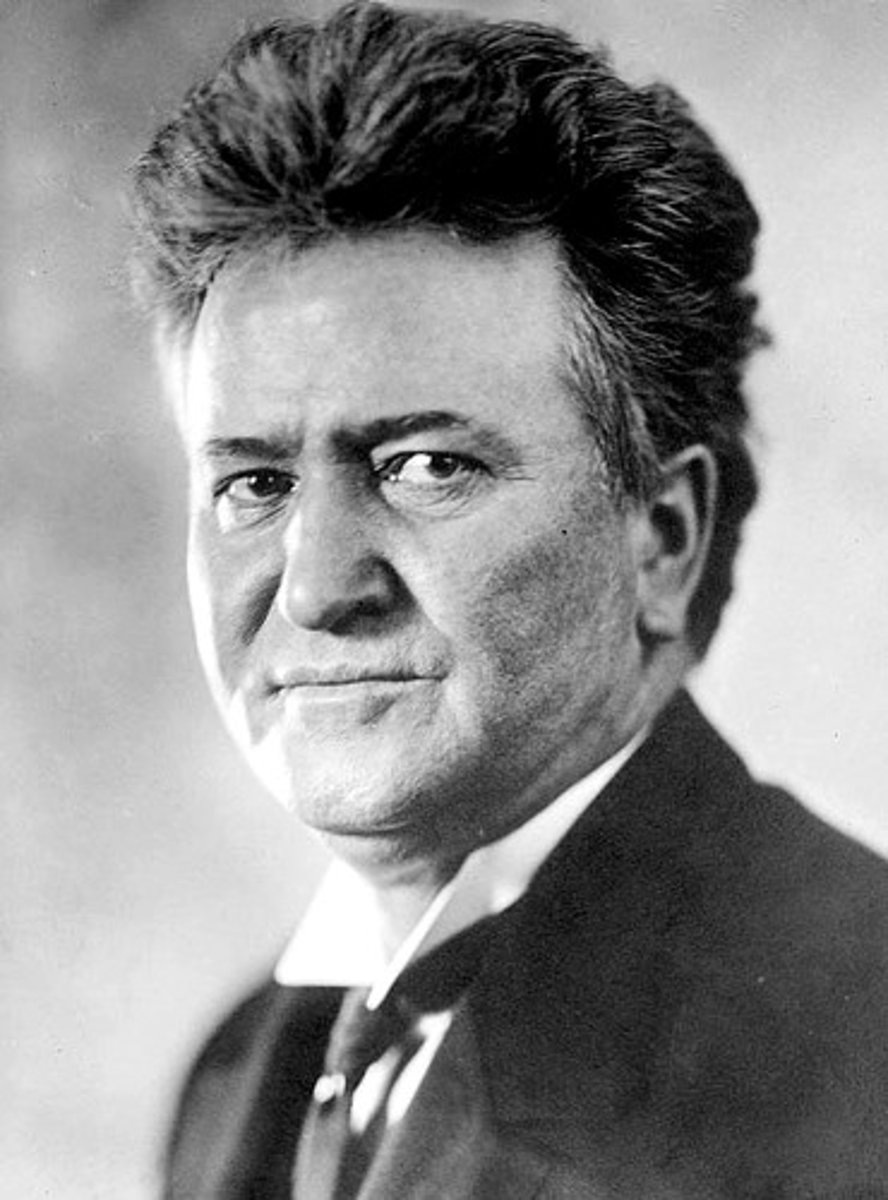
Hiram W. Johnson (1866-1945)
Elected Republican governor of California in 1910, Johnson oversaw numerous progressive reforms, including the passage of woman suffrage at the state level. In 1917 he entered the Senate, where he proved an isolationist in foreign affairs. He is famous for declaring that "the first casualty when war comes is truth."
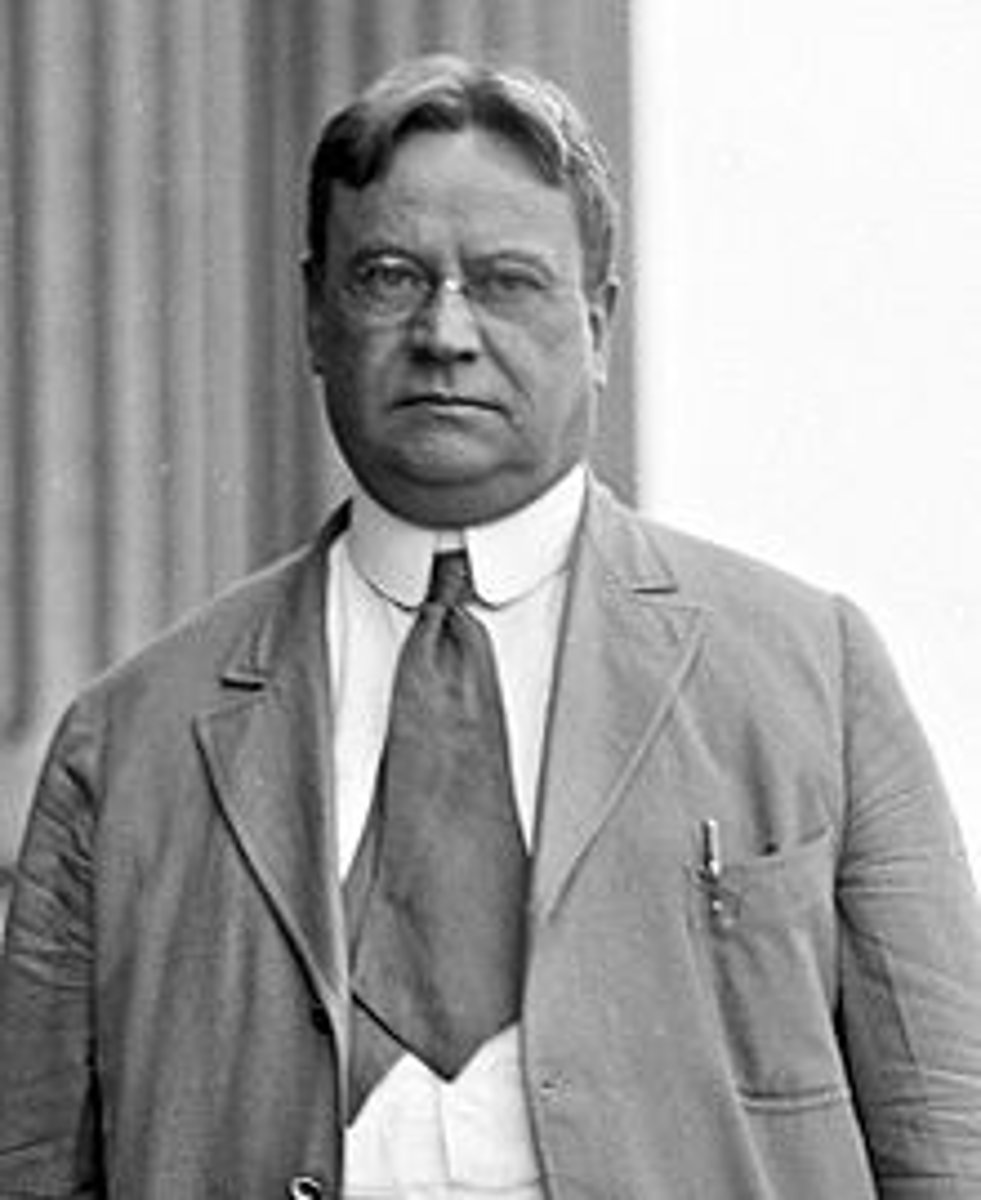
Florence Kelley (1859-1932)
A tireless crusader for women's and labor rights, Kelley was Illinois's first chief factory inspector and a leader of the National Consumers League, an organization dedicated to improving working conditions for women and children. Kelley also went on to help found the NAACP.
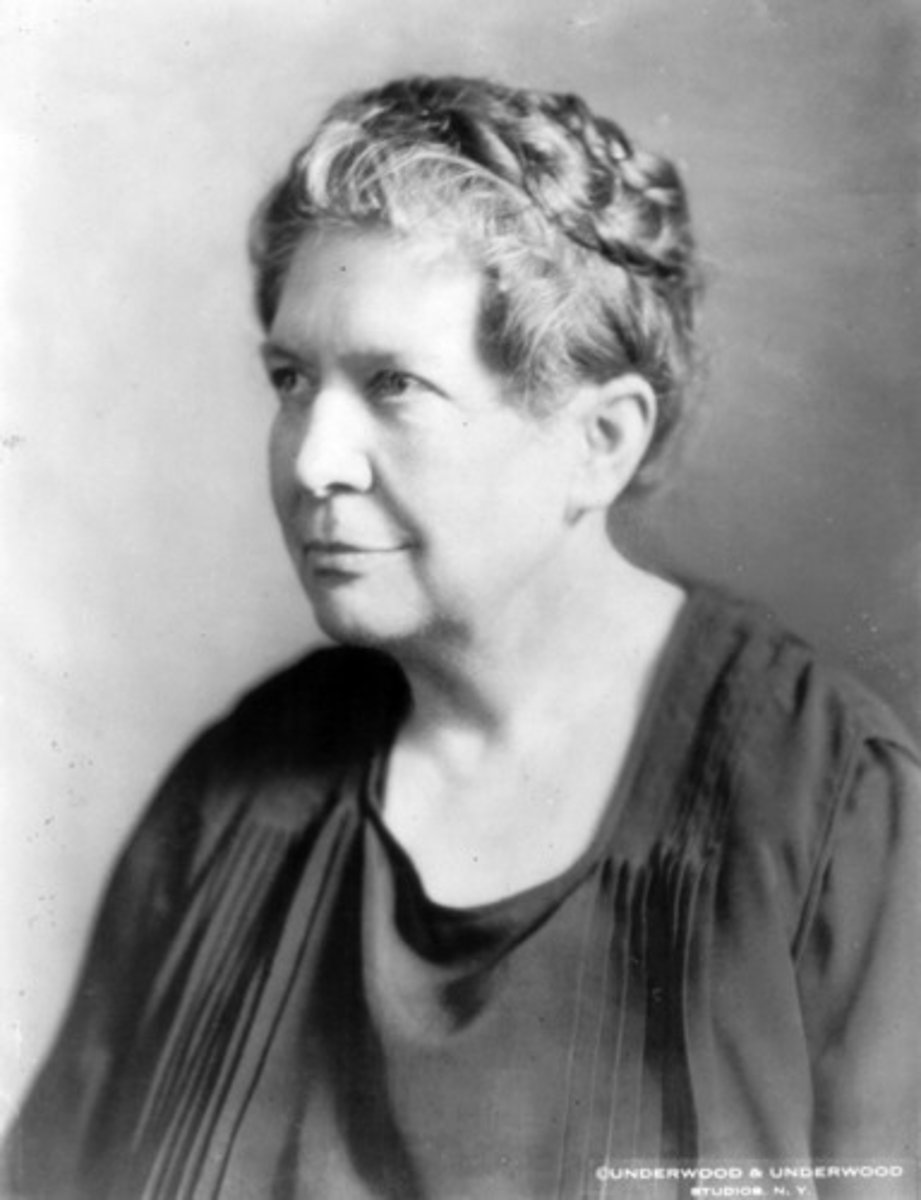
Frances E. Willard (1839-1898)
This pious leader of the Woman's Christian Temperance Union wished to eliminate the sale of alcohol and thereby "make the world more homelike." Her ecumenical "do everything" reform sensibility encouraged some women to take the leap toward more radical causes like woman suffrage while allowing more conservative women to stick comfortably with temperance work.
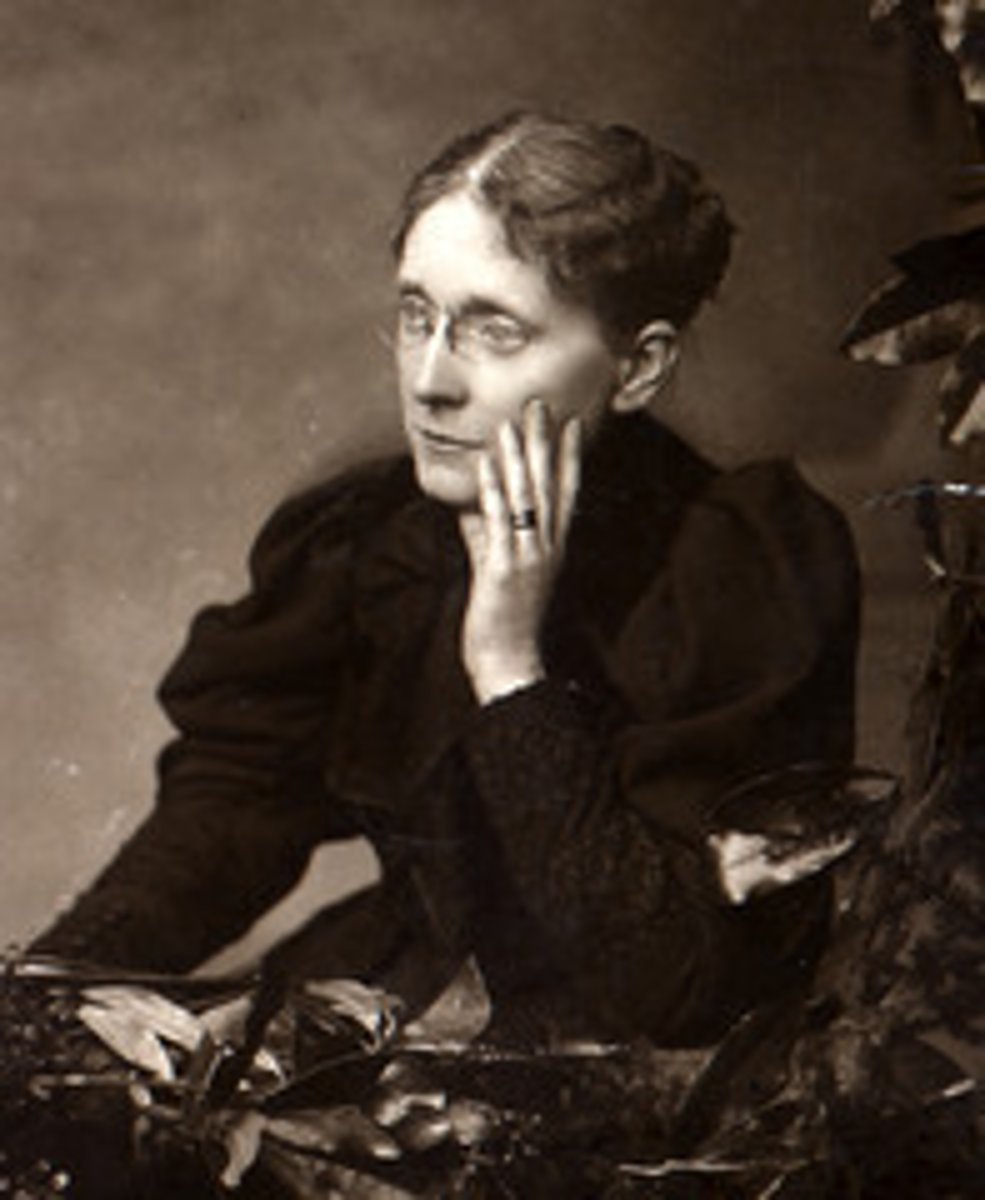
Gifford Pinchot (1865-1946)
A friend of Theodore Roosevelt, Pinchot was the head of the federal Division of Forestry and a noted conservationist who wanted to protect, but also use, the nation's natural resources, such as forests and rivers. In 1922 he won election to the Pennsylvania governor's mansion on the Republican ticket.
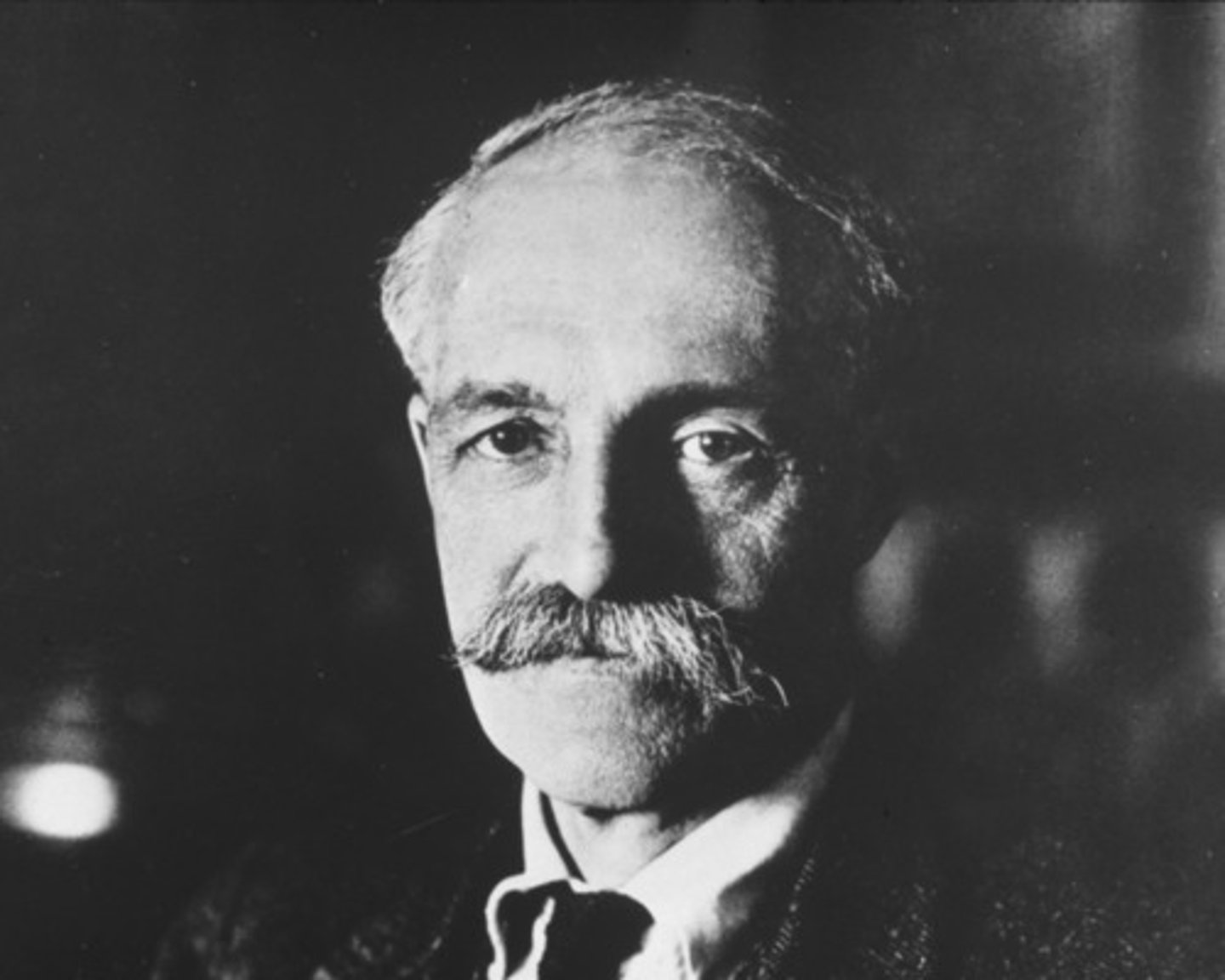
John Muir (1838-1914)
This noted naturalist split with conservationists like Gifford Pinchot by trying to protect natural "temples" like the Hetch Hetchy Valley from development. In 1892 he founded the Sierra Club, which is now one of the most influential conservation organizations in the United States. His writings and philosophy shaped the formation of the modern environmental movement.
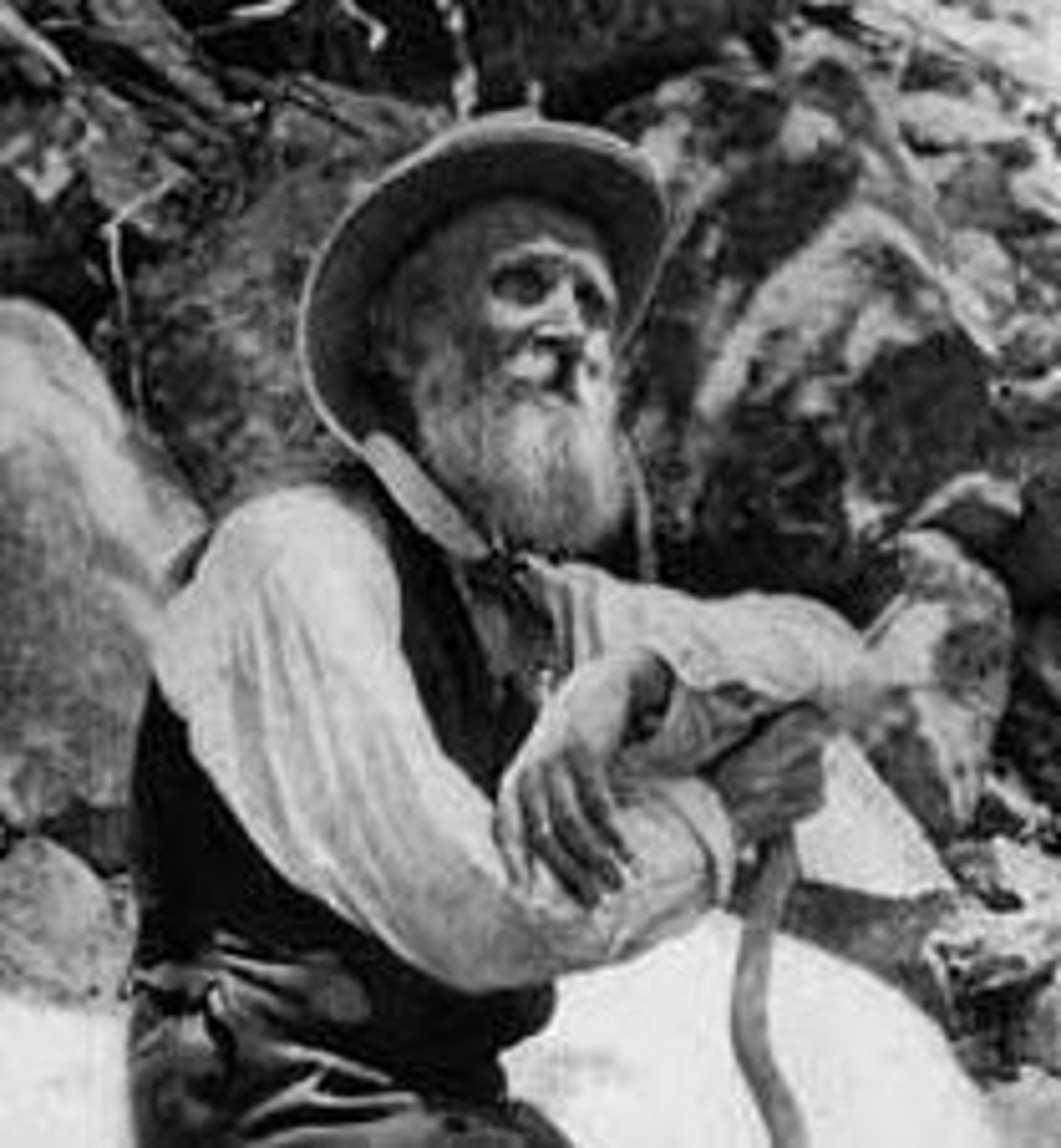
Herbert Croly (1869-1930)
Political thinker and journalist whose book The Promise of American Life (1910) influenced the New Nationalist reform platform of Theodore Roosevelt.
